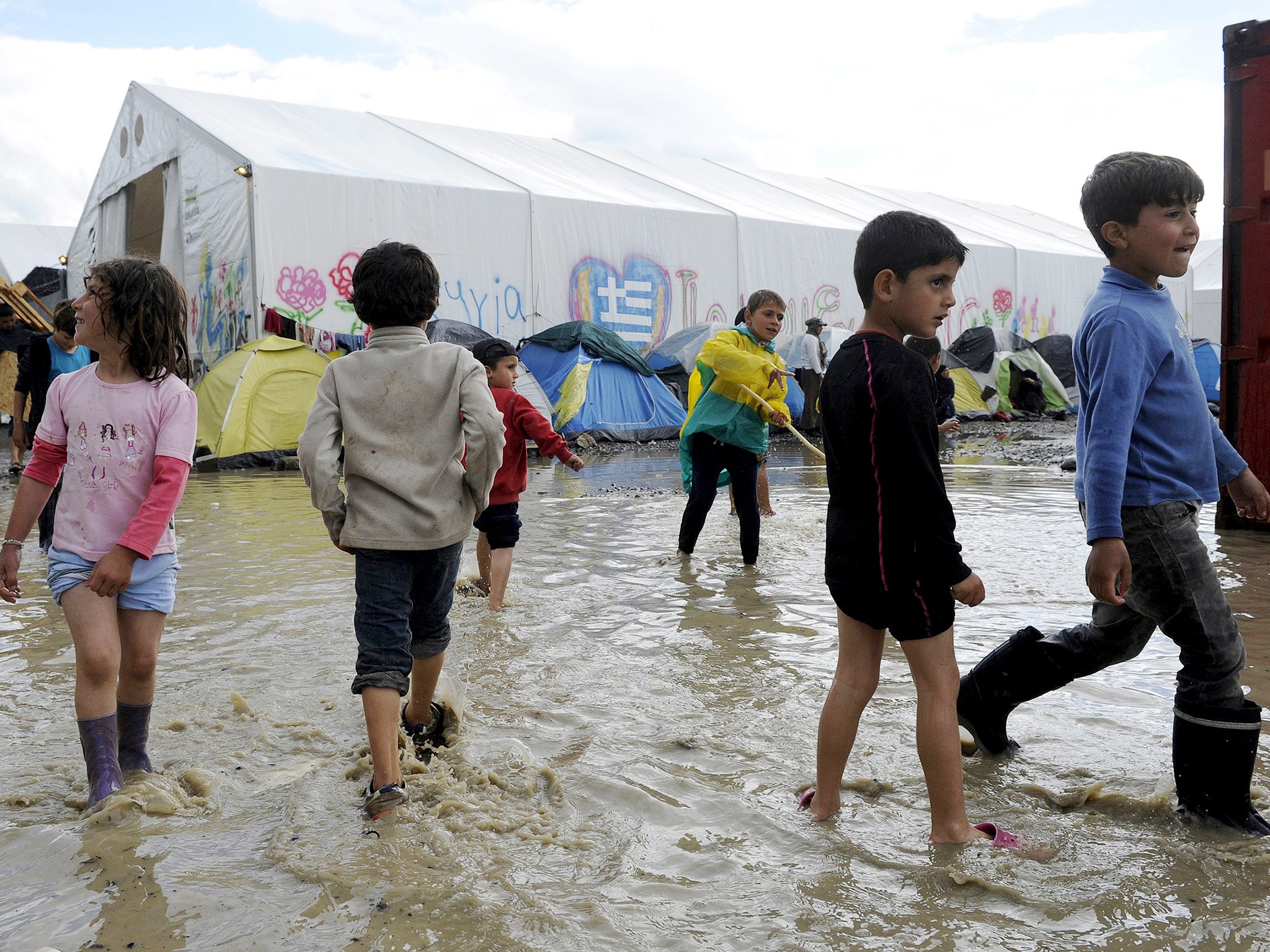My grandfather's life was saved by the Kindertransport - as a child refugee, he would have been turned away today
My grandfather and great uncle Wilfred and John – originally Wolfgang and Hans – were always teased by their wives and children for being “more British than the British”. They were grateful and proud of the British government for what they had done

The news that the collapse of the so-called ‘Dubs Amendment’ to the Immigration Bill, rejected by 294 votes to 276 in the House of Commons, had prevented 3,000 unaccompanied refugee children from entering the UK was devastating. Following the defeat of the vote, cries of “shame” were heard from the opposition benches. Shame, coincidentally, is the word I would also use to describe my feelings too: 3,000 children, with little hope of rebuilding their lives, remain destitute.
Conservative MPs claimed that an influx of refugee children would place too heavy a burden on the UK. This rhetoric is nothing more than a guise for a fear of the ‘other’, that it would be impossible to integrate these young people into British life. There is still, despite all we know about the horrors unfolding in the Middle East and the plight of young Syrians stranded in Europe, a hidden unease about the prospect of alien faces and foreign tongues on British streets.
It takes me back to the stories that my grandfather, John, and his brother, Wilfred, have been telling me ever since I was old enough to talk. In 1939, my grandfather, then aged eight, and his 12-year-old brother, left behind everything they had in Germany to board the Kindertransport.
One morning, the boys packed their bags, went to a train station in Berlin and – unbeknown to them at the time – said goodbye to their parents and little brother, Raphael, for the very last time. All they had as they stepped foot on to the platform of Liverpool Street Station in London was each other, a tiny briefcase with a few worthless possessions, and the unavoidable realisation that they would have to start their lives again from scratch without the rest of their family.
Having witnessed the burning buildings of Kristallnacht, the implementation of the Nuremberg Laws, and having been sent away from their family at such a tender age, their trust in humanity was, understandably, faltering. The kindness and generosity shown by the British government, however, resurrected their optimism in the human condition.
Years passed. Many British people were selflessly kind and understanding to John and Wilfred. They were fostered by a loving family in Berkshire and later practically adopted by the Sainsbury family.
With the help of many people around them, the brothers were transformed from penniless orphans with a bleak future into an esteemed financial journalist and the owner of a lucrative property business. Their greatest success story, however, as they have both repeatedly said, is their highly impressive lineage, which now includes a professor of immunogenetics, a university lecturer, a parliamentary assistant and a collection of Oxford-educated grandchildren.
Wilfred and John – originally Wolfgang and Hans – were always teased by their wives and children for being “more British than the British”. That was only because of their sheer gratitude and resultant pride in what they viewed to be the greatest country in the world. The children who travelled with my grandfather and great uncle were saved from devastating circumstances and they felt valued and supported. In return, the boys ensured that they would always give back to the country which gave them a second chance in life.
My ancestors embraced Britishness as a thank you to their countrymen for welcoming them with open arms. These arms have now been firmly crossed by a collection of suspicious MPs; a blind eye has been turned towards another 3,000 potential success stories.
Join our commenting forum
Join thought-provoking conversations, follow other Independent readers and see their replies
Comments